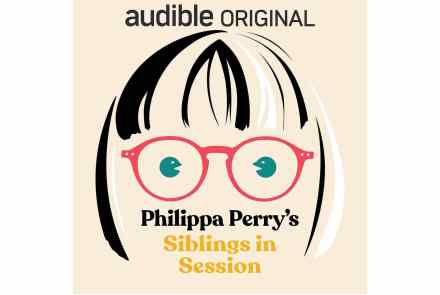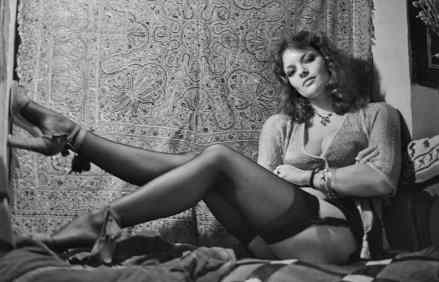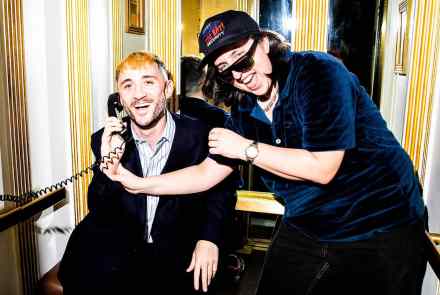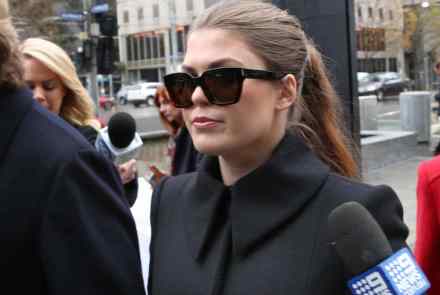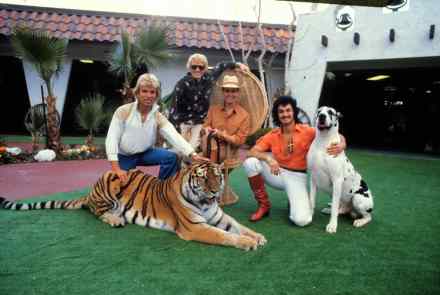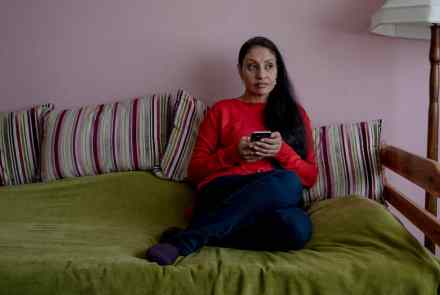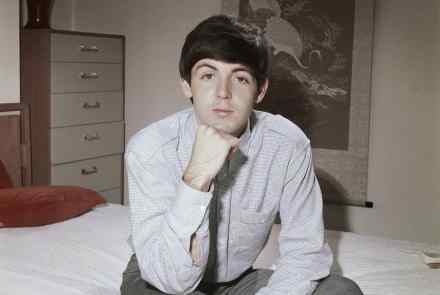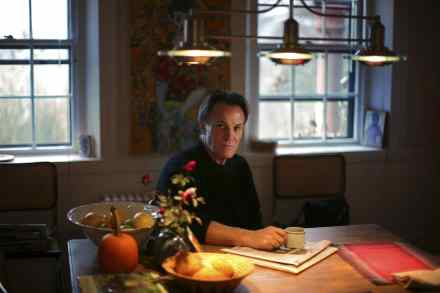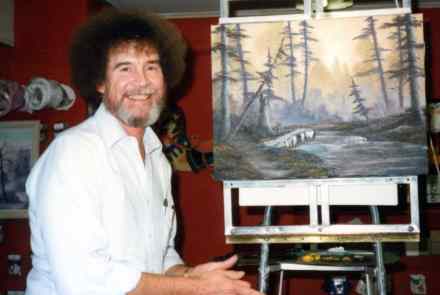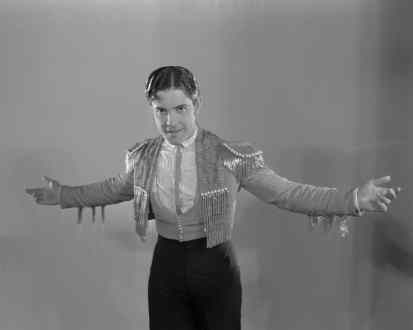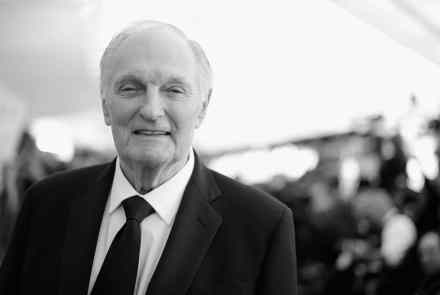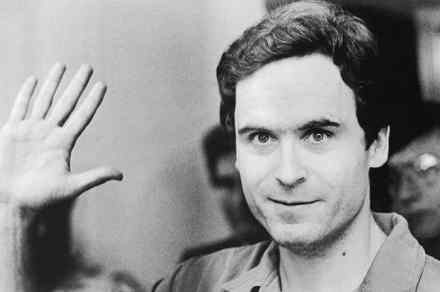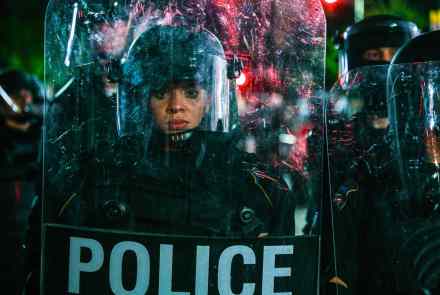A podcast with real emotional heft: Philippa Perry’s Siblings in Session reviewed
Have you ever taken a piece of advice? I’m not asking a rhetorical question. Have you ever once in your life been given a piece of advice that you’ve then acted on? I ask this question a lot at parties, and generally find the answer is: ‘No, not that I can think of.’ It may be that when we take good advice, we begin to imagine we came up with the idea in the first place. It may be that we always just do whatever it is we were always going to do. All I can say for sure is that if you ask: ‘What’s the best piece of advice
